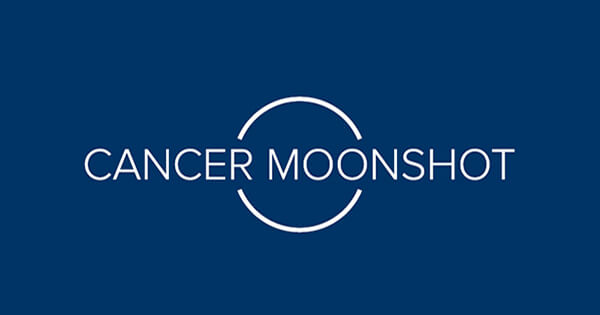President Biden on Feb. 2 relaunched the “Cancer Moonshot,” which he had launched when he was vice president. The goal now is to “reduce the death rate from cancer by at least 50% over the next 25 years, and improve the experience of people and their families living with and surviving cancer.”
There was no mention of additional funding for the program, which received $1.8 billion for seven years upon its 2016 launch. Funding for the coming years is something that Biden will have to fit into his proposed Build Back Better budget, which is far from final, POLITICO notes. Another reason why the funding is not yet finalized is that the details of the relaunched program are still being worked out, the article said.
The White House’s announcement suggests shifts in priorities from the first Cancer Moonshot, which was more specifically focused on research and cures. This program still calls for research, for instance in areas like using information about genetics and immunity to develop the new targeted, individualized treatments.
But the announcement also emphasized prevention and detection and noted the need “to get back on track after more than 9.5 million missed cancer screenings in the United States as a result of the COVID-19 pandemic.” And it called for reaching communities with less access to cancer screening, to make sure there is equity in screenings.
BIO ‘welcomes’ Cancer Moonshot
Dr. Michelle McMurry-Heath, President and CEO of the Biotechnology Innovation Organization (BIO), said in a statement that the relaunch of the Cancer Moonshot is a continuation of Biden’s longstanding championship of research to end cancer. “Though details are still forthcoming, BIO welcomes this initiative and stands united with the President’s goal of ending the untold human suffering from cancer. In the coming weeks, we look forward to working with the White House as it develops a long-term strategy, especially as it relates to understanding the effects of all healthcare policies on the development of future cancer cures,” the statement said.
According to CDC statistics, cancer was the second highest cause of death in the United States in 2019, after heart disease. In 2019, there were 599,601 cancer deaths, including 283,725 females and 315,876 men. According to WHO data, cancer is the leading cause of death globally, accounting for almost 10 million deaths in 2020, or roughly one in every six deaths.




